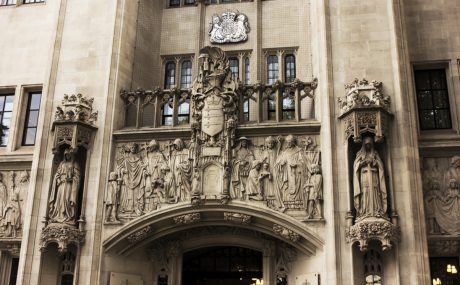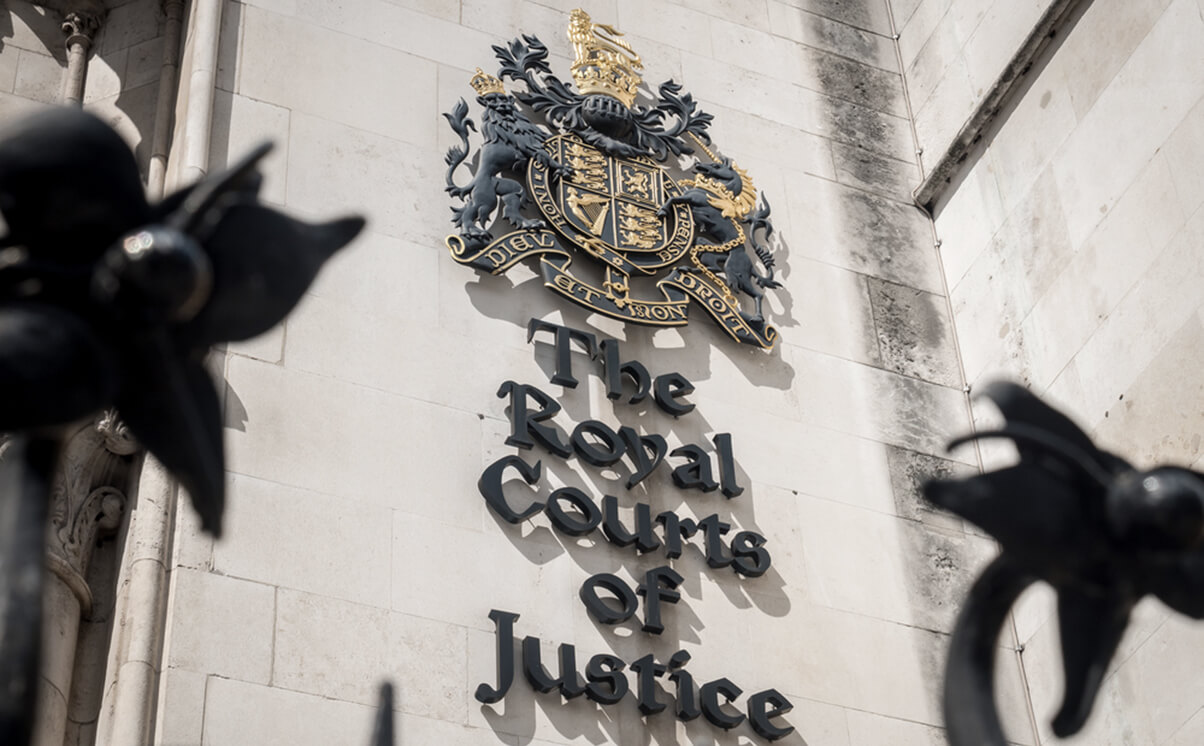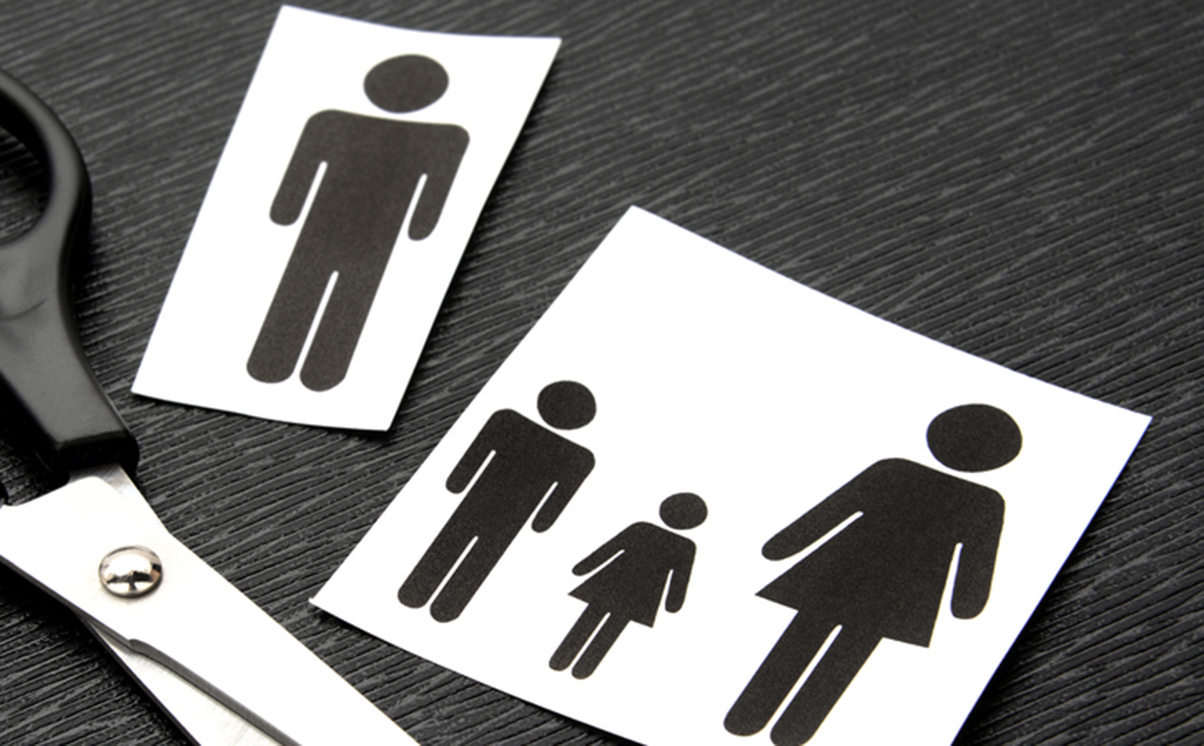Zara Okereafor considers the recent decision in Mills v Mills, in which the Supreme Court ruled that an ex-wife should not receive increased maintenance payments to cover her housing needs after exhausting the capital sum she received on divorce.
The question before the Supreme Court was whether the Court of Appeal was right to award Mrs Mills an increase in her maintenance payments to meet her rental costs (ie housing needs). These costs had arisen due to her financial mismanagement of the sum previously awarded to her for those housing needs.
In a landmark judgment, and by unanimous decision, the Supreme Court found in favour of the husband and answered unequivocally: no.
Background
After a 15-year marriage, Mr and Mrs Mills divorced in 2002. The parties’ financial claims were agreed and settled by way of a consent order. The consent order provided, amongst other things, that Mrs Mills would receive a lump sum of £230,000 from Mr Mills in order to rehouse herself and the parties’ son. In addition, she would receive maintenance payments of £1,100 per month on an open-ended basis (also referred to as a joint lives basis), ie until she remarried, one party died or further order of the court.
The cross appeals
In 2014, Mr Mills applied to the court to terminate the maintenance payments upon his payment of a lump sum of £26,000 to Mrs Mills. In the alternative, he asked for the maintenance payments to be reduced and/or for them to continue only for a fixed term. He did so on the basis that he felt Mrs Mills was in a position to work more and increase her own earning capacity. Also, on the grounds that he should not have to bear the cost of her mismanagement of her finances.
Mrs Mills cross applied for an increase to the maintenance payments. This was on the basis that she could not meet her basic needs, which now included rent following a period of what was described as unwise property purchases and debt accrual.
The first instance judge dismissed both their applications, despite finding that Mrs Mills was unable to meet her basic needs and had a shortfall of £341 a month. The judge found that the capital lump sum she had received had been sufficient for her to purchase a property free of mortgage but that it was reasonable for her to be ambitious to try and secure a more expensive house. Further, he found that she had not managed her finances wisely, having committed to borrowings that were too high. At this point she had no capital, overdrafts of £4,000, credit card liabilities of £18,000 and a tax liability of about £20,000. However, he accepted that “it would be wrong to describe her approach to finances as profligate or wanton”. He concluded that “her needs had been augmented by reason of the choices which she had made” ultimately deciding that she would have to adjust her expenditure to live within her means.
In considering Mr Mill’s application to vary the maintenance payments, the judge was required to consider whether fixing an end term would allow Mrs Mills to adjust to independence without undue hardship. He concluded that it would not.
The 2017 Court of Appeal decision
Arguing that she could not increase her earning capacity, Mrs Mills was granted permission to appeal by the Court of Appeal. To the surprise of many, the Court of Appeal ruled in her favour. It varied the original order for maintenance upwards by £341 per month to account for her shortfall in income needs.
The Supreme Court appeal
In the Supreme Court, Mr Mills challenged this upwards variation on a number of grounds. He was, however, granted permission to appeal on one ground only: namely, whether “in light of the fact that provision had already been made for the wife’s housing needs in the capital settlement, the Court of Appeal had been entitled to interfere with the judge’s determination not to make full allowance for her need to pay rent in the continuing order for periodical payments”.
In deciding the question put before them, the Supreme Court considered three earlier Court of Appeal decisions: Pearce v Pearce [2003] and [2004], North v North [2007], and Yates v Yates [2012] and [2013]. Those cases involved mortgage payments and the Supreme Court said it saw no distinction between the mortgage repayments in those cases and the rental payments in this case. Considering the court’s wide discretion when dealing with variations to maintenance orders, the judge in North v North commented that the paying spouse (in that case, a paying husband), “is not an insurer against all hazards nor, when fairness is the measure, is he necessarily liable for needs created by the applicant’s financial mismanagement, extravagance or irresponsibility”.
Fairness reigns supreme
Accordingly, the Supreme Court allowed Mr Mills’ appeal and reinstated the original order for spousal maintenance of £1,100 per month. This decision was on the basis that it would not be fair for Mr Mills to continue to meet Mrs Mills’ housing needs, which had increased through her own financial mismanagement.
Implications for varying spousal maintenance payments
In some respects, this appeal turned on its facts since the variation of the periodical payments order was linked to a capital need (housing), which had already been provided for in the original order through the payment of a lump sum. It was not a ‘straight’ variation case based exclusively on a change of income needs or change in personal circumstances.
The Supreme Court’s decision is widely welcomed as it provides some clarity on the extent to which a spouse can be ordered to continue to provide financially for the other long after divorce.
Emma Hatley, a partner in the Divorce and Family team, comments:
“The decision provides a useful reminder that a former spouse should not be held responsible for the other’s increased needs when those needs have come about by their own financial mismanagement.”
Although the decision deals only with this specific point, the tone of the judgment speaks of the court’s growing attitude towards encouraging financial independence.
You can find further information regarding our expertise, experience and team on our Divorce and Family pages.
If you require assistance from our team, please contact us or alternatively request a call back from one of our lawyers by submitting this form.
Subscribe – In order to receive our news straight to your inbox, subscribe here. Our newsletters are sent no more than once a month.







